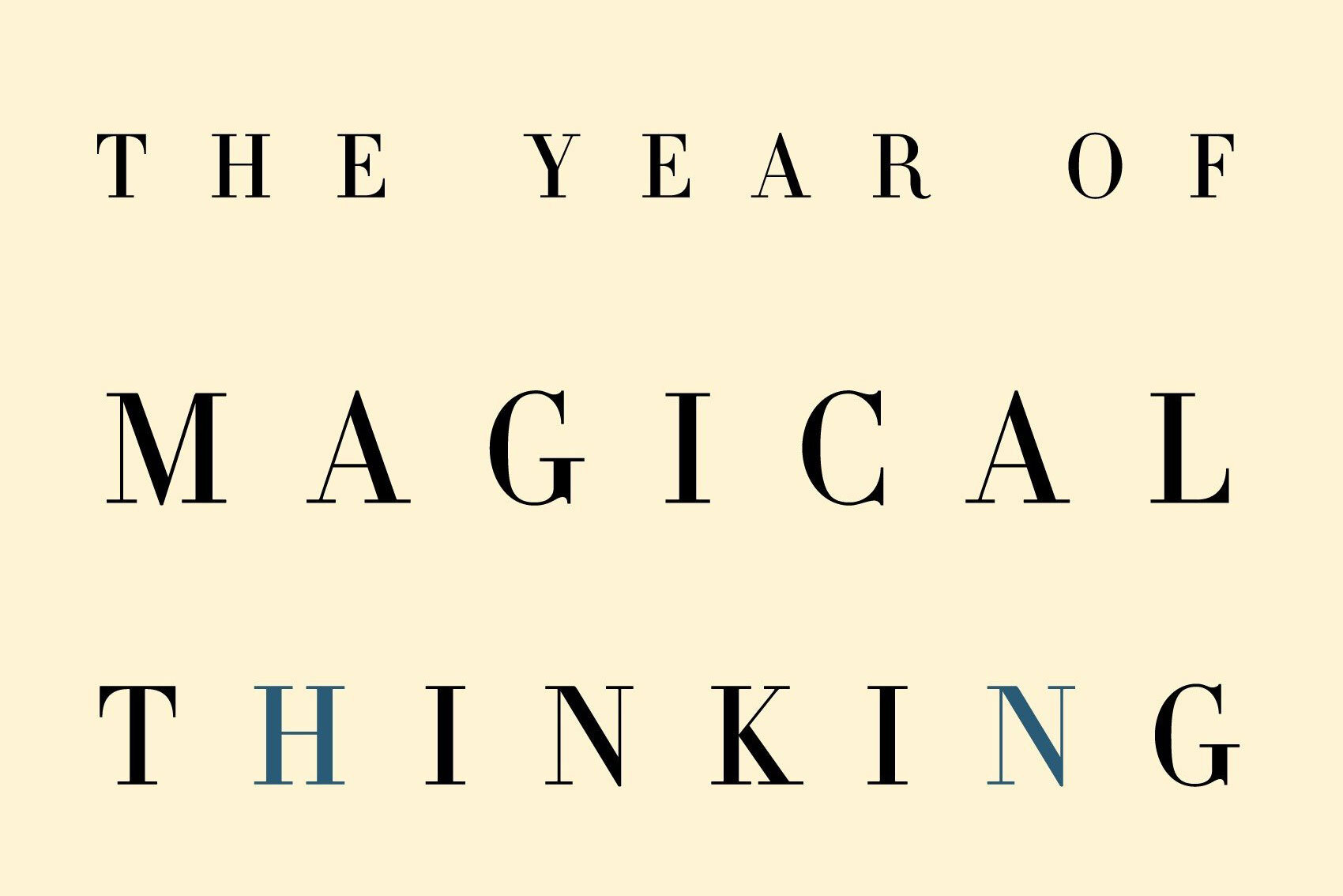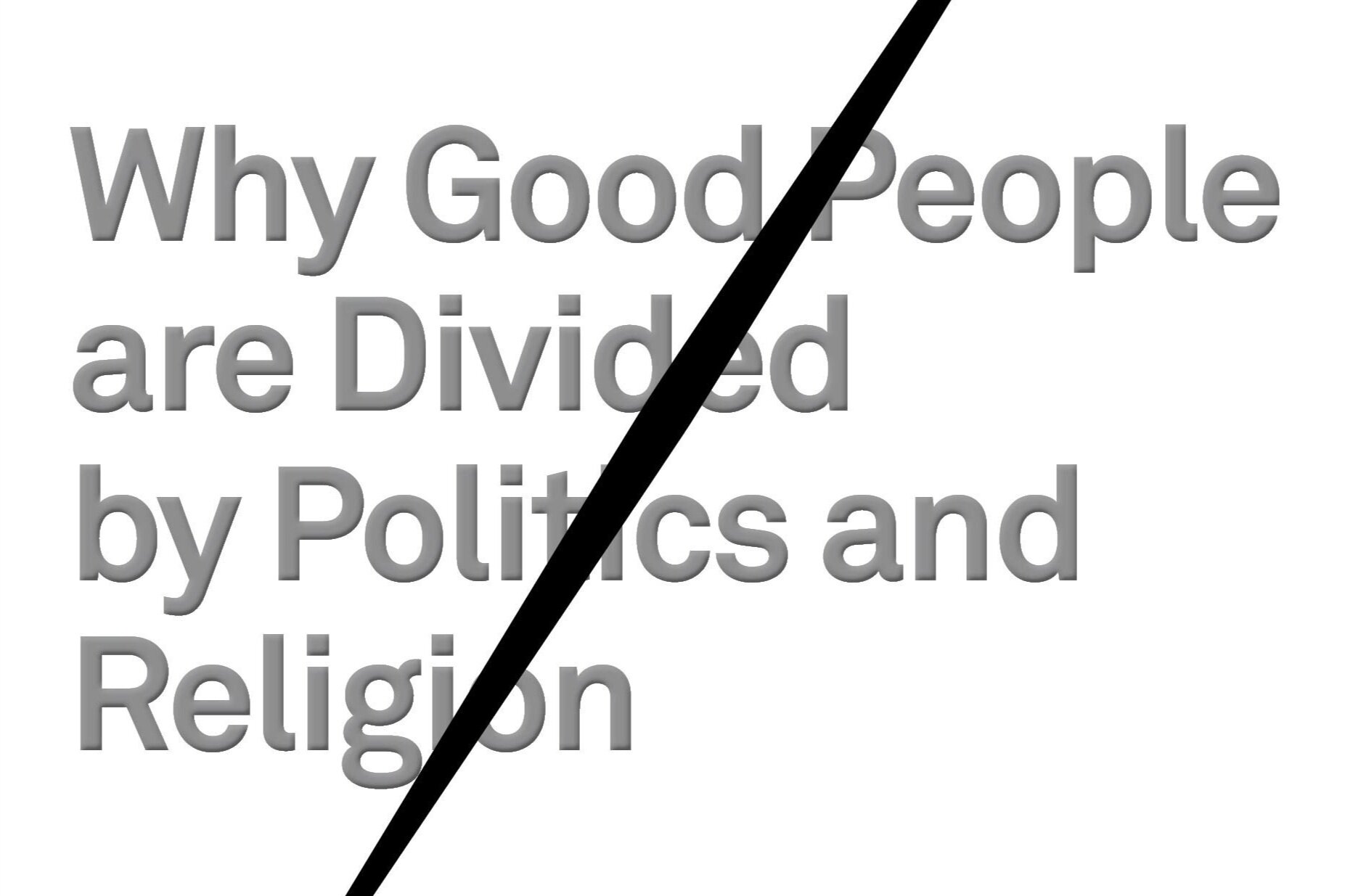“The Ten-Cent Plague” by David Hajdu
The Ten-Cent Plague: The Great Comic-Book Scare and How It Changed America
By David Hajdu
2008
448 pages / 11 hours and 49 minutes
Nonfiction
—
Imagine. A threat to the moral, psychological, emotional, and spiritual well-being of young people all over America. It is so serious that mental health professionals and religious leaders have joined together to battle against it. And in fact, it is of such mammoth proportions that even Congress convenes hearings to talk about how to protect our young people from this impending doom. The end is near.
Now let me take you into the home I grew up in during the ‘60s and early ‘70s. My parents had very high morals and were attentive to any threats to their impressionable sons. They were much like other Christian parents in Middle America. Our TV watching was closely monitored. Until the first Star Wars movie, I didn’t go to any movie that wasn’t Disney. My parents did not allow playing cards (which in those days we called spot cards) in the house. We did play Rook as a family, but apparently the difference between Rook cards and playing cards is that you can’t play poker with Rook cards and you usually don’t bet on the outcomes.
We also, for the most part, were not allowed to buy or read comic books. One of my playmates, whose parents had looser morals, had an excellent superhero comic book collection back in the day when we read them rather than put them in plastic covers, and I loved going to his house because it was the only opportunity I had to read such material. Gradually, a few comics were allowed into our house, but no superheroes. I remember a comic of the three little pigs where the word gosh had been inked out as much too harsh for my eyes.
Which finally brings me to today’s book, The Ten-Cent Plague by David Hajdu. The subtitle tells us much: The Great Comic Book Scare and How It Changed America. Given our present COVID crisis, the word plague in the title seems a bit much. It was written in 2008.
But then, that is exactly the point. That first paragraph I wrote all actually happened around the menacing threat of comic books after World War II. It was seen as a plague that was spreading across the country and threatened to undermine all the values that we hold dear. There were commissions whose job was to decide which comic books were over the line and which ones were okay. Horror and crime comics were seen as a genuine threat.
I love comic books, and as you go back and look at what all the hoopla was about, it all seems so tame by today’s standards. But it didn’t then.
This is a delightfully engaging book but also a sobering look at government and religious overreach in the culture wars. Reading this book might help all of us to take a step back and reflect a little more on those matters that we think surely signal the end of civilization as we know it. Believe it or not, America survived comic books. Although, as is always the case, a few lives were destroyed in the scare. My students don’t know what McCarthyism is. This is a sobering fact. When I explained to them what happened they were incredulous. That could never happen here. Right.








